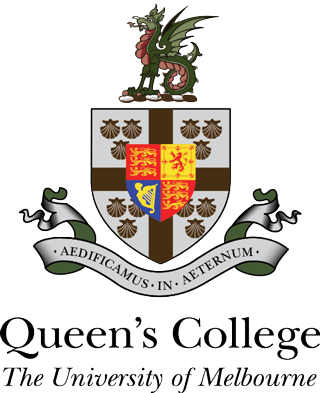Dhoombak Goobgoowana – Truth telling

The full panel discussion can be viewed on YouTube:
https://www.youtube.com/watch?v=KQzvPwmhBxg
The three editors of Dhoombak Goobgoowana, A History of Indigenous Australia and the University of Melbourne hope their unique work will inspire universities around the world to document their institution’s relationship with their First Nations people.
Speaking at the Sugden Institute’s Indigenous Oration on Thursday 5 September, Professor Marcia Langton AO, anthropologist, geographer, and Foundation Chair of Australian Indigenous Studies at the University of Melbourne, Dr Ross Jones, Senior Research Fellow in Indigenous history at the University of Melbourne, and Dr James Waghorne (Wyvern 1997), the official historian for the University of Melbourne, shared the motivation behind, the research into, and the findings presented in the first of their two volumes, titled ‘Truth’.
The unique publication is divided into four parts – place, human remains, settler/colonial knowledge, and Indigenous knowledge – and includes content that is shocking, surprising, and pleasing.
Marcia: “The University of Melbourne is number one in Australia and is always in the top 40 in the world so it’s fitting that it was this university that resolved to examine its history with Indigenous Australia. I want to acknowledge all the contributors because it was not easy to write much of this work. The book should be regarded as an important Australian history. I hope it will enable descendants of the victims and the perpetrators of harm at the University of Melbourne to take some heart from the truth finally being told.”
Ross: “It’s a history of what went wrong at the University, and what went right. With nearly 70 contributors, it challenges the whole narrative that universities and such institutions create for themselves. Make no bones about it, the University of Melbourne was premised on race. This became clearer, and clearer as we wrote the book.”
James: “It has been a rigorous process. We have committed to being fair, but frank and fearless. This book tempers the idea that universities are places of progress, and agents of social change. It reveals many instances of what today we would consider unethical projects, and unethical collecting. It shows attempts to apply knowledge gained from university activity, and the learnings of university science, in engagement activities which often had detrimental consequences, especially for Indigenous peoples. Dhoombak Goobgoowana should give pause to the complacent celebration of the good universities bring, and their ideas of progress. I hope this will be a jumping off point for others.”

